Subscribe for Access
Is your team doubting the importance of partnerships? Here are eight instances when partnerships led to acquisitions and IPOs.

An increasing number of SaaS companies are relying on Ecosystem-Led Growth to grow their companies at scale and get acquired. Sign up for Crossbeam Insider, and get tactics for increasing ARR and net revenue retention.
Notion acquires India’s Automate.io in push to accelerate product expansion.
CM Group and Cheetah Digital merge to define next era of customer-centric marketing.
Intuit CEO’s $20 billion buying spree has put tax software company firmly on tech M&A map.
These are just three headlines describing “exit events” during the fall of 2021. “Exit events” is startup jargon describing a change in a company’s ownership structure, usually to the financial benefit of shareholders. That typically includes acquisitions, mergers, initial public offerings (IPOs), and other instances of transferring ownership of a business.
Take acquisitions for example. Press about any acquisition feels like you’re reading about a partnership. Press releases announcing acquisitions often talk about synergies between the acquirer and the acquired in terms of product, service, and executive alignment. We had a hunch that many of these acquisitions started as a partnership and, more importantly, came to fruition because of a partnership. This could mean:
- The partnership showed early results to validate the acquirer’s interest in the acquisition and even influenced the final price tag for the acquisition.
- The partnership opened a door, by connecting the dots between stakeholders on one partner’s team to stakeholders on the other’s team, which made the ultimate acquisition conversation possible.
“It seems to be very much the case [that partnerships impact “exit events”],” says Fabian Eckstrom-French, Head of Partnerships at Stensul, an email creation platform. Eckstrom-French previously worked at Madison Logic Inc, acquired by Clarion Capital Partners in 2016, Marketo, acquired by Adobe in 2018, and Bizible, acquired by Marketo in 2018.
“You’ve got a good inside track. You’ve got the relationships, you’ve got that executive alignment,” says Eckstrom-French. “You’re going to be able to extract a higher price from a partner that really understands the value that you bring to the table.”
We took a look at some of this year’s biggest mergers, acquisitions, and IPOs to explore how the company’s partnerships and ecosystems influenced the “exit event”.
In this article, we’ll cover:
1. Intuit Acquires Mailchimp
2. Notion Acquires Automate.io
3. Accenture Acquires Xoomworks
4. VTEX Goes Public
5. Qualtrics Goes Public (Two Years After its Acquisition by SAP)
6. Demandbase Acquires DemandMatrix
7. CM Group Merges With Cheetah Digital
8. Coupang Goes Public
9. Why Large Companies Are Choosing to Grow Through Acquisitions
—
#1 Intuit acquires MailChimp
In September 2021, Intuit announced that it’s acquiring MailChimp for $12 billion. An article on CNBC mentioned that the companies’ joint integration served as an entry point for initiating the acquisition conversation. Intuit and MailChimp first initiated the partnership conversation a year prior to the announcement and has two Mailchimp integrations listed on the Intuit Qickbooks site.
An excerpt from CNBC: Intuit relied on a product partnership the companies had been pursuing and the fact that Intuit co-founder Scott Cook had been helpful to Mailchimp CEO Ben Chestnut in the past.


#2 Notion acquires Automate.io
In September 2021, Notion acquired Automate.io. In TechCrunch, Notion COO Ashay Kothari shared that he first learned about Automate.io because of a partnership the two companies had together. When Notion opened up its APIs to the public in May 2021, Automate.io built on their platform and opened the door to a new market of customers.
Notion also announced it’s opening its fifth office in Hyderabad, India, where Automate.io is based and also where it will invest in further building out its engineering team. Could Notion be the next Supernode?


#3 Accenture acquires Xoomworks (and more than 30 other companies)
In October 2021, Accenture acquired Xoomworks. Accenture pointed to the the strength of Xoomworks’s partner ecosystem as a reason for the acquisition.
From Accenture’s website: “Xoomworks shares deep relationships with Accenture ecosystem partners, including SAP Ariba, Coupa and Jaggaer.”
These partners are also partners of Accenture. (Accenture was even named a SAP Ariba partner of the year.)
Additionally, Xoomworks’ Co-Founder and Group CEO, Malcolm Clark, is quoted on how the company’s tech ecosystem has been a top priority since its founding. Clark explains the reason for this is to deliver the best business outcomes by bolstering clients’ tech stacks to improve workflows and business results.
Accenture has acquired 35 companies so far in 2021! It’s like Accenture created a new type of partner ecosystem ala acquisitions, bringing its favorite solution and tech partners under its wing.
#4 VTEX goes Public
In July 2021, VTEX announced the closing of its IPO. In the IPO announcement, Geraldo Thomaz, co-CEO of VTEX, stresses the importance of building a viable tech ecosystem. He says the strength of VTEX’s ecosystem has contributed to the success of the business, and thus the IPO.
“The era of siloed software is ending and connected software is on the rise,” says Thomaz. This is the first quote in the press release from VTEX’s leadership team. Thomaz says it’s no longer about what you make but rather what you connect to that drives the most success.
VTEX has more than 64 tech and channel partners in its ecosystem.

#5 Qualtrics goes public (two years after its acquisition by SAP)
SAP acquired Qualtrics in 2018 for $8 billion, and then in January 2021, Qualtrics went public for a market capitalization of $27 billion, according to Forbes. Zig Serafin, Qualtrics’s CEO, explains that a significant reason for spinning out of SAP is to prioritize Qualtrics’s partner ecosystem and potential customers beyond SAP’s parameters.
The initial acquisition by SAP occurred just days before Qualtrics was planning to go public for a smaller IPO. VentureBeat says Qualtrics’s previous CEO, Ryan Smith, anticipated that the 2018 IPO would have been valued at $6 billion or so. “Teaming up” with SAP may have influenced a larger price point for Qualtrics for the acquisition and most definitely increased the value of their IPO two years later. In fact, Crunchbase reports Qualtrics’s IPO was the largest of any Utah-based company.
#6 Demandbase acquires DemandMatrix
In May 2021, Demandbase acquired DemandMatrix just seven months after launching their partnership.
“We said, this deal is just step one in a longer term partnership,” says Asher Mathew, Vice-President Go-To-Market, Data Cloud, Technographics, Demandbase (previously VP, Revenue and Operations at DemandMatrix).
The initial partnership conversation opened the door to the acquisition discussion.
#7 CM Group merges with Cheetah Digital
In CM Group’s announcement, digital marketing company CM Group says its merger with Cheetah Digital is part of its plan to add attractive products to its portfolio to drive “stickiness” and retention among its existing customers. From Wellford Dillard, CEO at CM Group:
“…We will continue to be their marketing technology partner as they grow by delivering the right technology at the right time, tailored to their industry and built for the scale at which they operate,” he said.
#8 Coupang goes public
E-commerce company Coupang went public in March of 2021 and was the largest IPO of the year in the US, according to a March CNBC article, and the largest foreign listing since 2014.
The Motley Fool shared that the growth of Coupang’s ecosystem is one of three reasons to invest in Coupang.
Why large companies are choosing to grow through acquisitions
Mergers and acquisitions (M&As) have been rising over the past two years, in part due to the success of big data and business analytics companies during the COVID-19 pandemic, the increase in capital available to those companies, and the types of innovation that have emerged in order to adapt to a more online world. For example, e-commerce company Coupang, which IPOed in March 2021, doubled its revenue to $12 billion during the pandemic.
Think of an acquisition as a partnership that the acquirer values so much that they want to keep the partner all to themselves (and their customers). You’ve gotten along so well, or you will, that you’re not only willing to walk the halls together but also announcing your undying partnership on the loudspeakers for the whole world to hear. (You and your partner getting “most likely to succeed” in your yearbook is kind of like being featured in TechCrunch’s Mergers & Acquisitions, am I right?)
But it’s not just about looking cool. Let’s go over some of the advantages of acquisitions for the acquirer and the acquired.
The advantages for the acquirer:
Box out your competitors. Previously, your partner teamed up with a variety of companies like yours, including your competitors. Now, that’s no longer the case.
Accelerate revenue gains. In Zendesk’s announcement of its acquisition of Momentive and its SurveyMonkey platform, for example, it says the acquisition should help the customer service software company accrue $3.5 billion in 2024, a year ahead of its initial target.
Boost retention rates among your customers. An article announcing CM Group’s merger with Cheetah Digital, says the acquisition is part of CM Group’s plan to bring new products to its existing 70,000 customers. The merger adds an appealing offering — Cheetah Digital’s customer engagement suite for marketers — to CM Group’s digital marketing solutions in order to drive “stickiness” among its customers.
Instantly accelerate your expansion to a whole new customer base (hello, green fields) and market. Without the acquisition, it could take you years to access those customers.
Get strategic about market expansion with your partner’s existing knowledge and relationships. Your partner has put in the work to experiment and learn what resonates with its customers, and that knowledge helps you strategize your next moves together. You also inherit your partner’s entire ecosystem, which multiplies the amount of and power of the doors you have open to potential customers and partners.
Market power. Look up any press release announcing an acquisition, and one of the first things it will mention is how the acquirer is expanding into a new space (like how Outreach is expanding into the revenue intelligence space through its acquisition of Canopy.io). Choose your acquisitions thoughtfully, and you’ll bolster your own solution in a way that makes your product and complementary products through your acquisitions more powerful together. This appeals not only to potential customers but also to your investors.
The advantages for the acquired:
An instant wealth of resources at your fingertips. Your acquirer is bigger than you, and they’ve got the budget, team, and tools to help you do your job even better. For example: Can you imagine YouTube without the resources (and data centers) of Google?
Access to your acquirer’s existing customer base, and they’re ready to sell your solution to all of their customers.
Access to an entirely new market (or many new markets). Let’s say your acquirer specializes in IT services and consulting, and you specialize in data science and machine learning. Your acquirer has also acquired two other companies that specialize in e-commerce and supply chain management, respectively. That’s four potential customer lists you now have access to and a whole new set of prospects who seek a solution that handles all four specialties in one service.
Access to a team of resellers and implementation experts. Your acquirer is now prioritizing selling your solution to its customers or clients, and it’s professional services team is getting up to speed on how to help your shared customers make the most of your software. That’s a lot of muscle!
Market power. Your acquirer shares its influence with you, and as a result, that influence is multiplied. 1+1=3.
—
This article is one of three in a series about “exit events”. Read the other articles here:
If you’re thinking, ‘An acquisition sounds eerily similar to a strategic partnership,’ you’re right. Want to learn more about how to leverage your ecosystem to grow through acquisitions? Book a free ELG strategy call with our team.
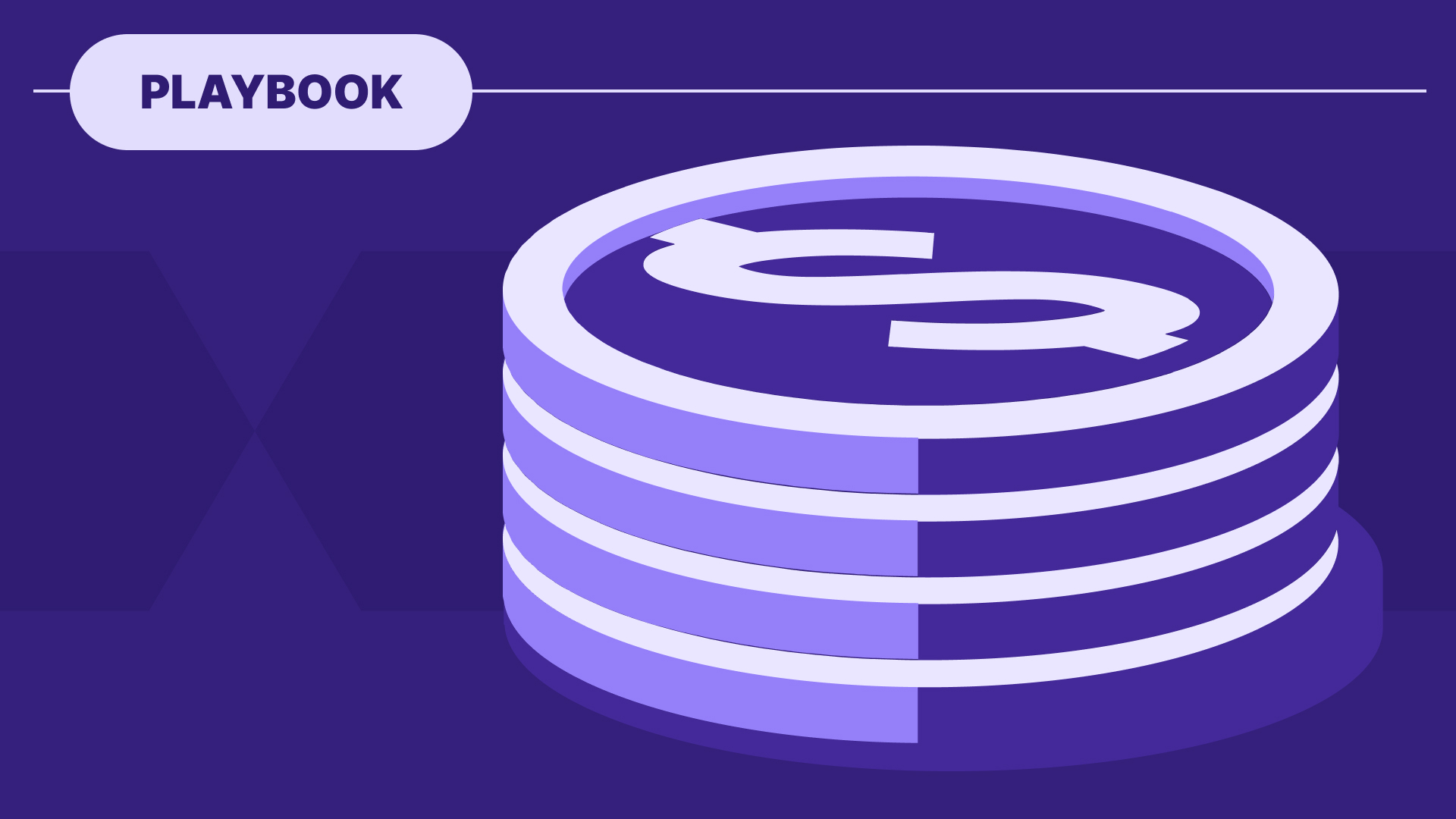
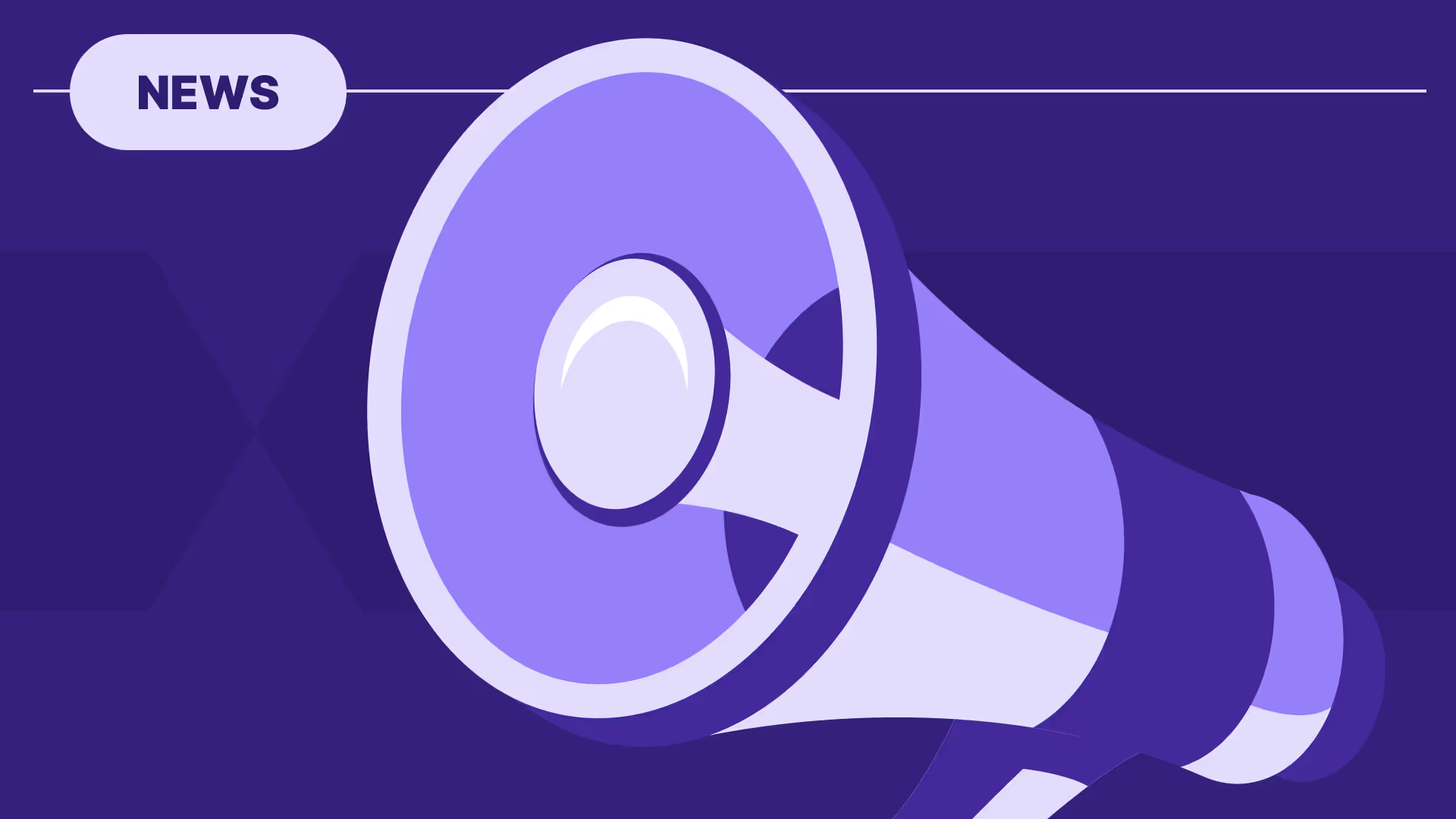




%20(1).jpg)






.png)
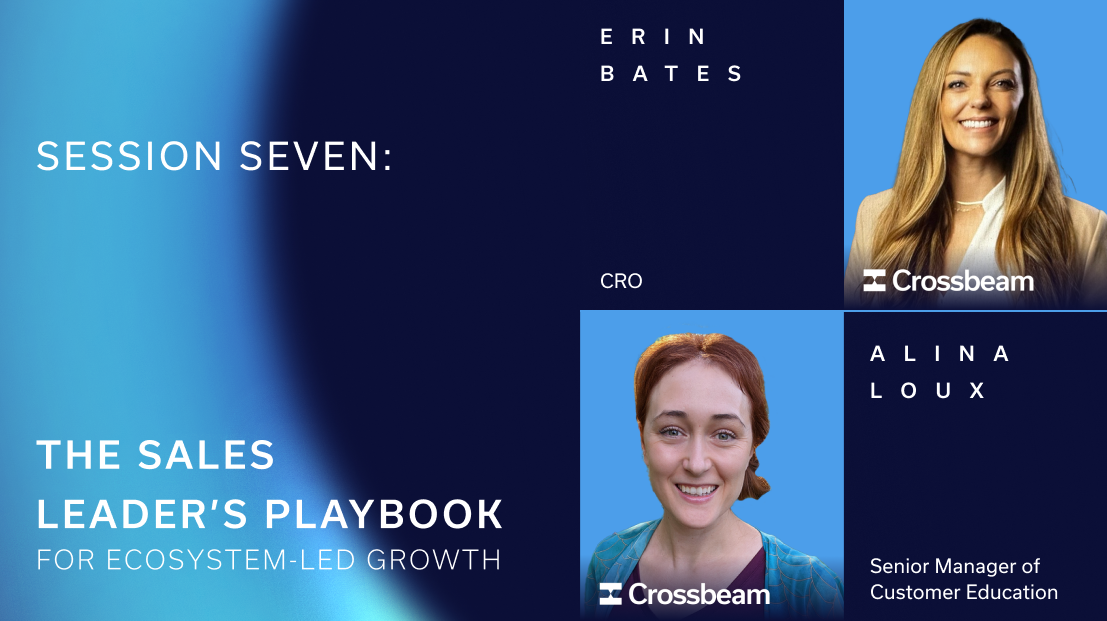














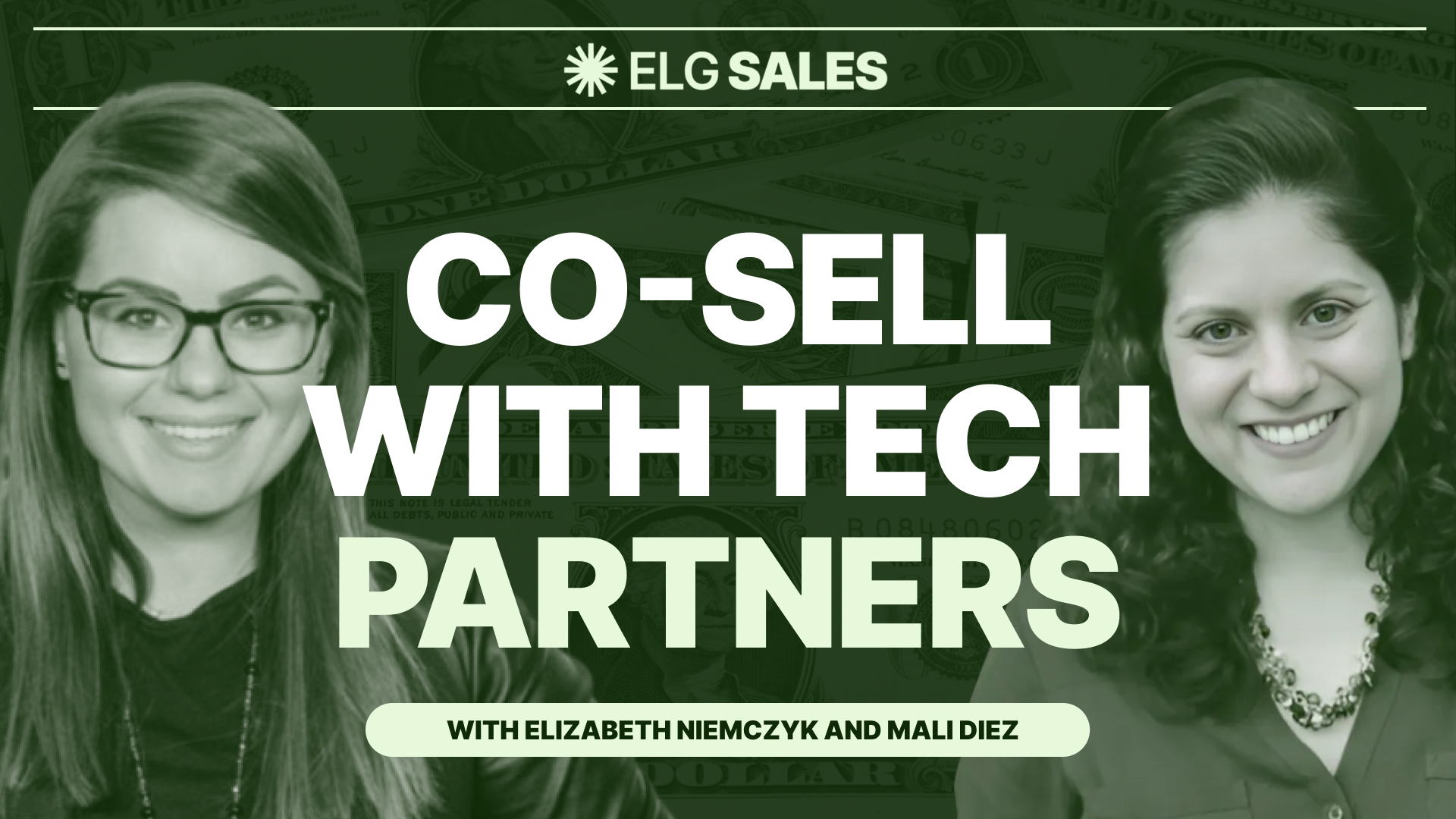

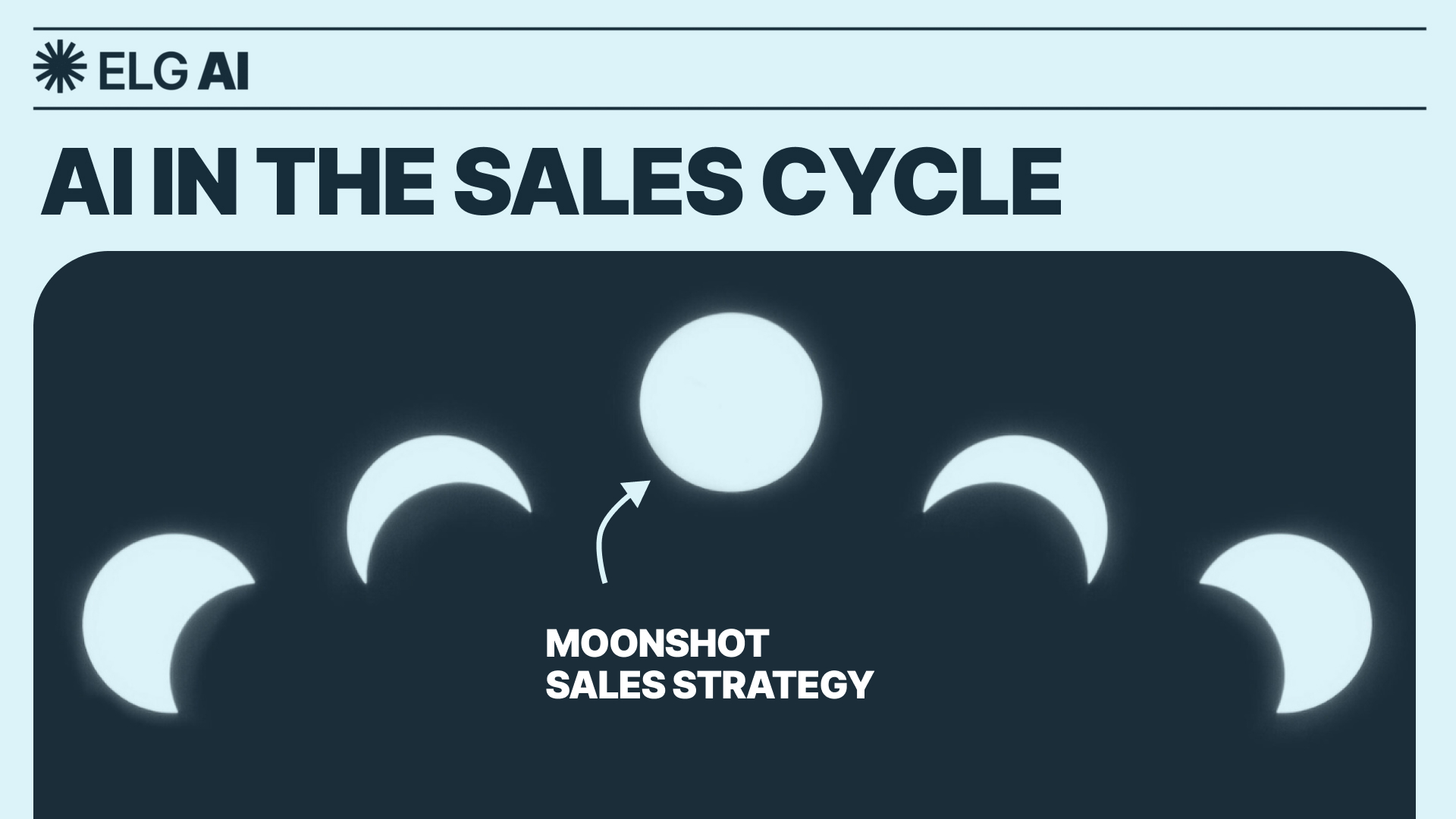

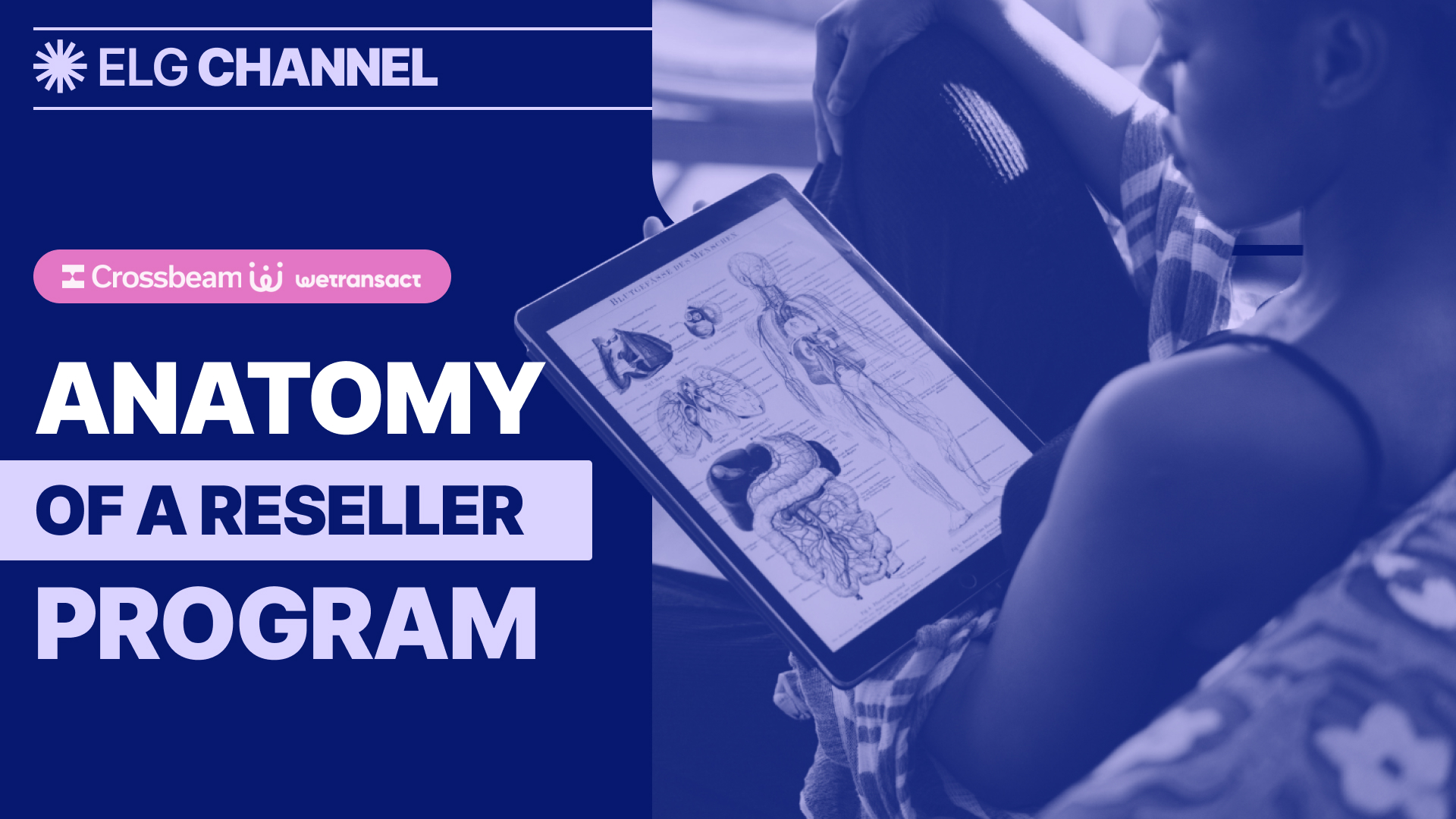
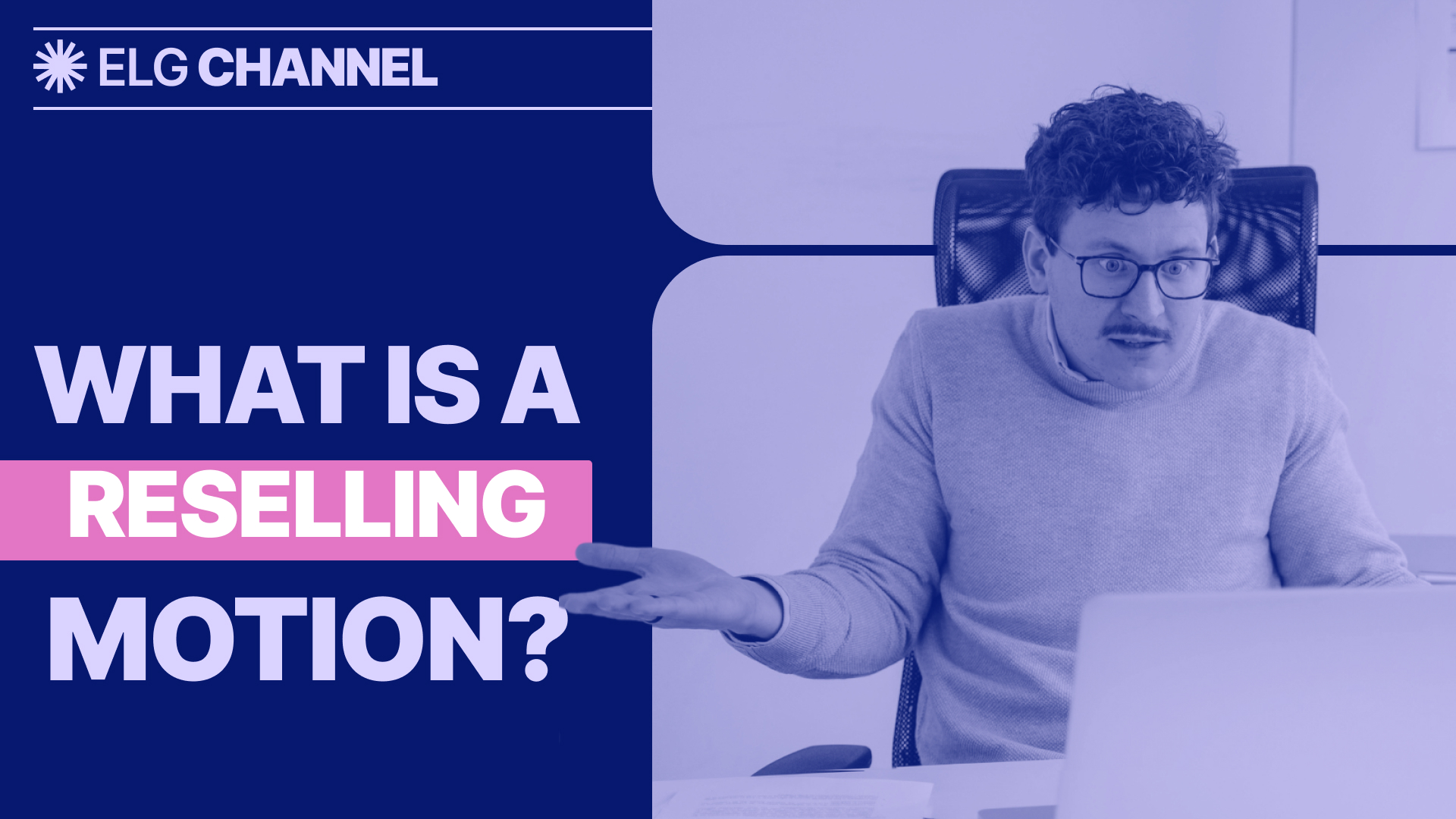
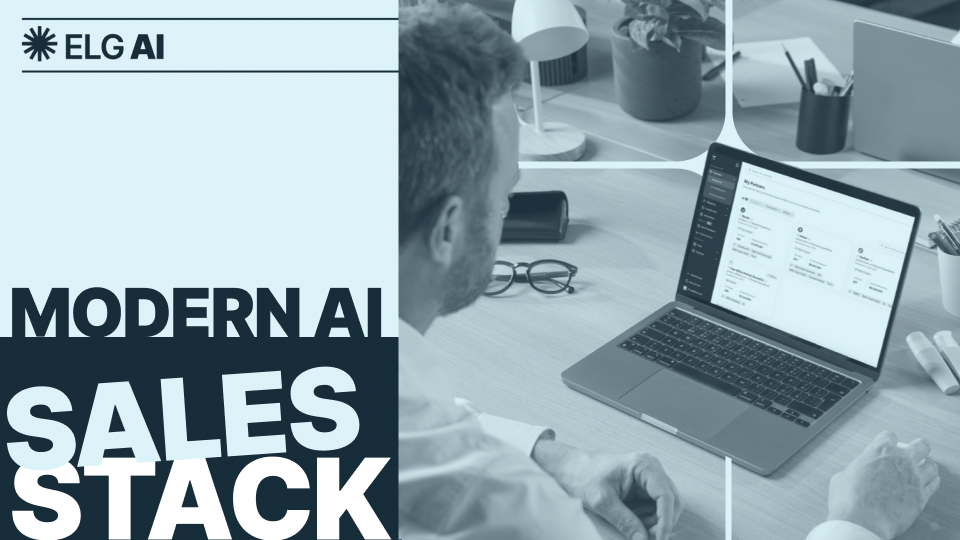



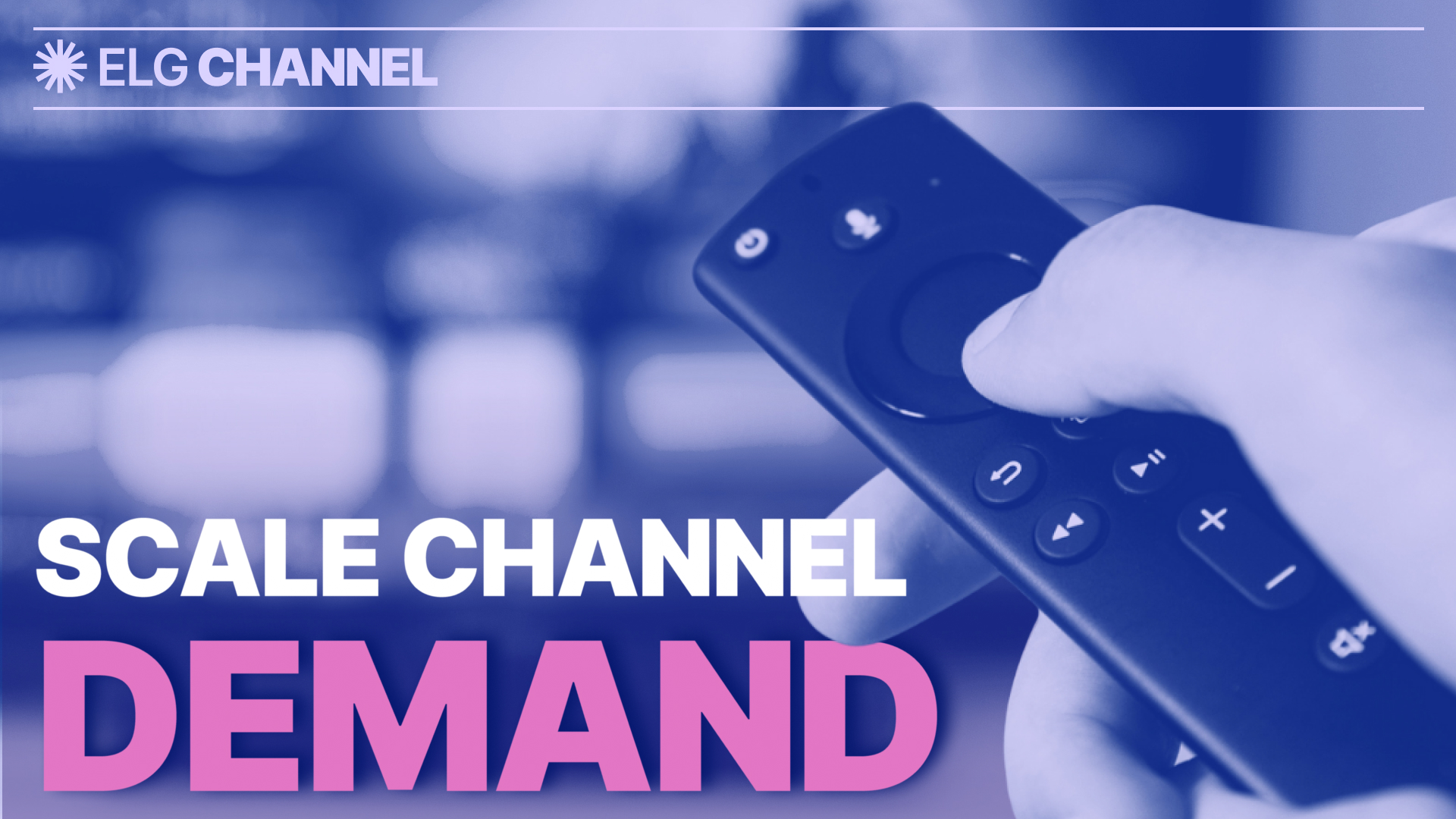


.jpg)




.png)



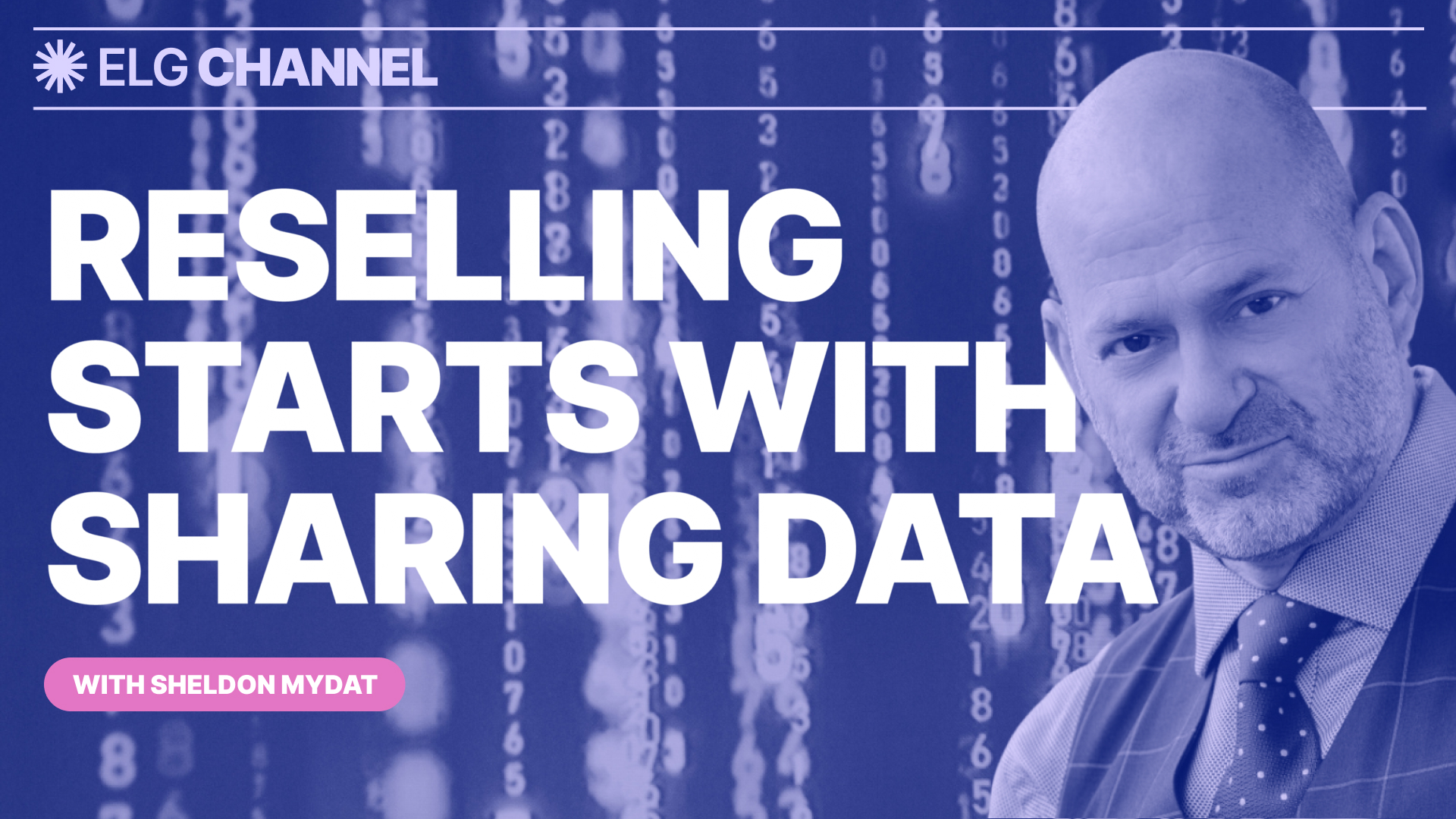


.jpg)





.jpg)

.webp)


















.webp)















